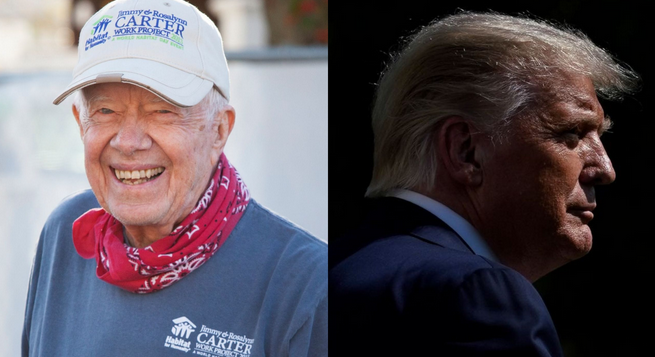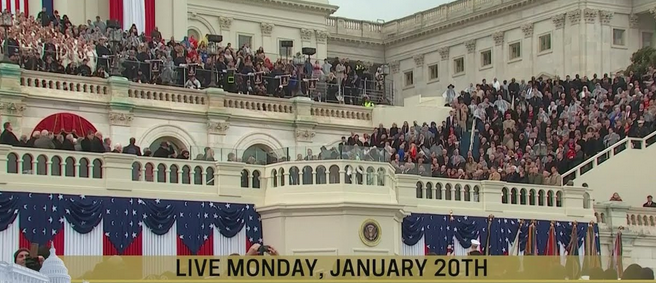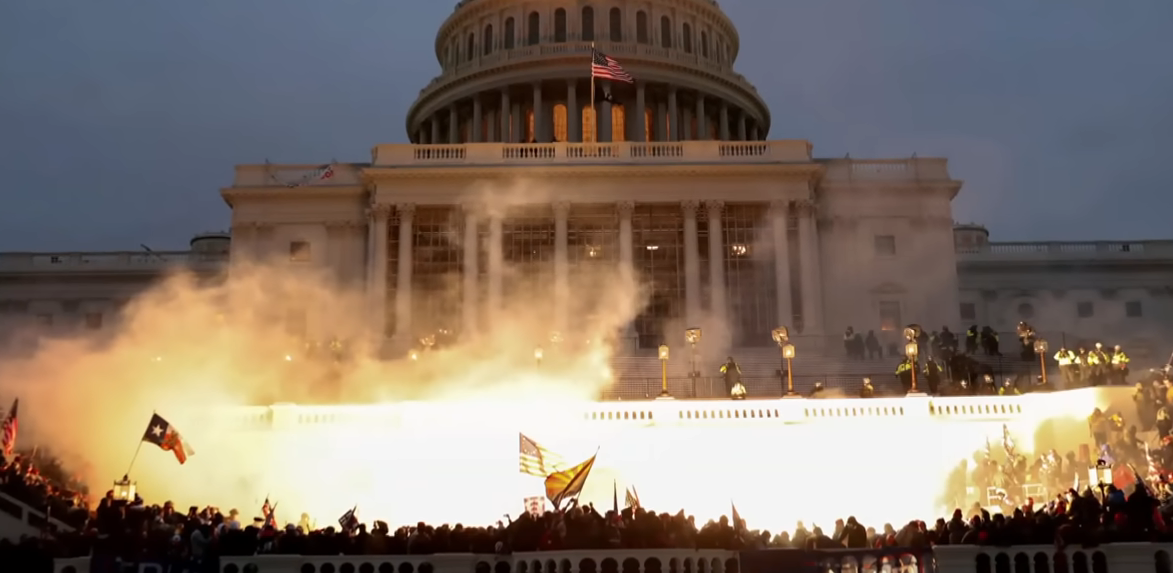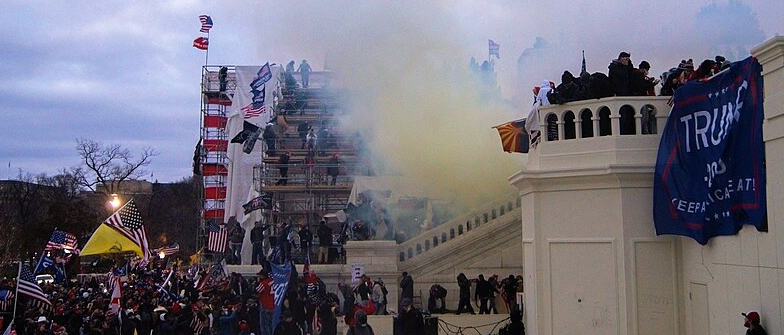For African Americans, the Great Recession continues.
This is both troubling and ironic because it coincides with the administration of the nation’s first black president.
The black community’s understandable pride in President Barack Obama’s existence (and that of Michelle Obama and Sasha and Malia) has inoculated the president against constructive criticism in his handling of the economy, especially as it relates to African Americans.
According to recent economic reports, black unemployment rates ticked down below 13 percent. This unexpected bit of good news is welcome but does little to alleviate black America’s massive job crisis. At the current rate of economic growth, it would take seven years for America to return to prerecession employment levels.
Despite being re-elected in 2012 by a margin that represents a near-mandate in a closely divided nation, President Obama remains hamstrung by a Republican-controlled Congress determined to reduce the size of government through fiscal austerity measures. Many economists, perhaps most notably New York Times columnist Paul Krugman, argue that a lack of federal investment since the Recovery Act (popularly known as the stimulus bill) in 2009 has been a drag on the recovery.
Congressional Republicans have emerged as the leaders of a hyperpartisan ideological worldview that disallows them from crafting the kind of political compromises that President Obama has routinely extended, often to the disappointment of his own political base. Politically, this makes perfect sense. Opposition to Obamacare inspired the rise of the Tea Party and swept Republicans into power during the 2010 midterm elections. What Obama characterized as his party’s “shellacking” threatens to become an enduring Republican congressional majority in light of the once-in-a-decade redistricting that ensures safe political seats for both Republicans and Democrats along sharply partisan lines.
Tea Party Republicans have taken a page out of Ronald Reagan’s handbook by decrying the social safety net as government largesse doled out to the undeserving poor. But their political enmity for President Obama has undermined the basic function of government through a persistent pattern of obstruction, leading to annual political confrontations over the debt ceiling, the enactment of the sequester and the downgrading of America’s credit rating.
During the 1960s, Southern Democrats, known as “Dixiecrats,” used all of their power to block civil rights legislation. The current crop of Republicans, in their naked antagonism toward affirmative action, Obamacare and jobs legislation, echoes the substance, if not form, of civil rights-era conservatives who argued that big government was coddling blacks.
President Obama’s recent efforts to launch a new economic agenda based on a formula of tax reform and federal investments in America’s crumbling infrastructure offer a pragmatic approach to governance. But it’s one that has already been summarily rejected by Republican leaders in the House and Senate.
For millions of black Americans, who experienced higher rates of unemployment and poverty even before the Great Recession, the lack of a robust federal jobs plan leaves them behind in an economic wilderness. The Associated Press’ recent finding that 80 percent of all Americans will confront economic insecurity during their lifetime (ranging from unemployment to relying on welfare) is a harsh reality with which large parts of the black community have lived for decades.
For rest of story please see TheRoot.com







